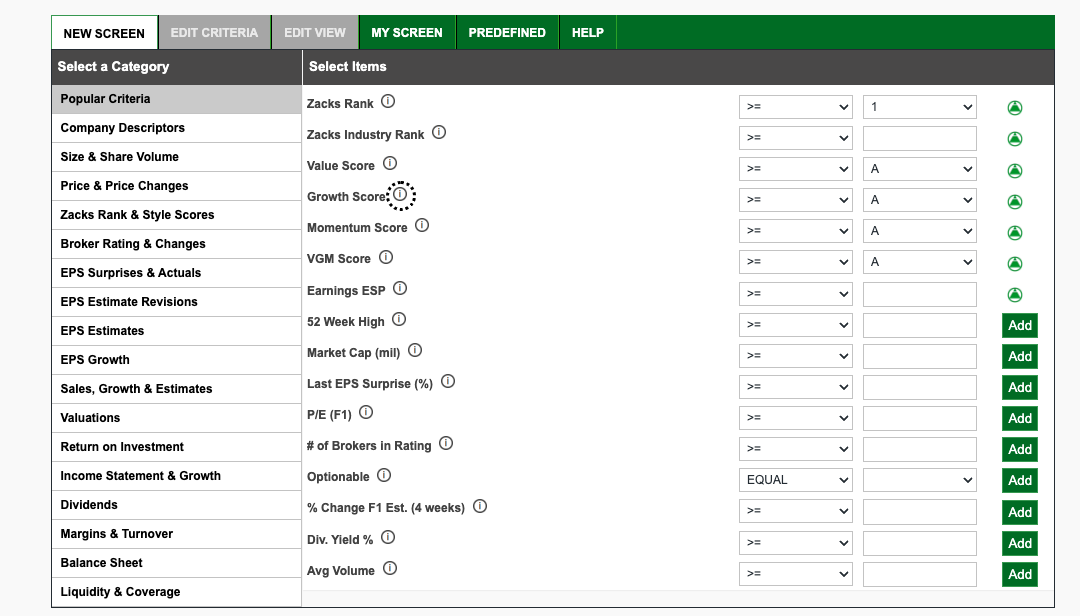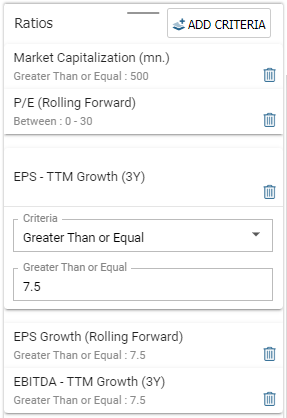
stock picking criteria
Mastering Stock Picking Criteria: A Comprehensive Guide
Introduction
Stock picking criteria are the bedrock of successful investing. Understanding and meticulously applying these criteria can significantly impact your portfolio's performance. This comprehensive guide dives deep into various aspects of stock picking criteria, providing practical insights and actionable strategies.
Defining Your Stock Picking Criteria: A Personalized Approach
The first crucial step in stock picking success involves defining your unique stock picking criteria. These criteria are tailored to your individual investment goals, risk tolerance, and time horizon. What are your ideal return targets? How much risk are you comfortable taking?
Defining Your Risk Tolerance and Time Horizon
Understanding your risk tolerance and investment time horizon is critical to establishing effective stock picking criteria. An aggressive investor with a long time horizon may have different criteria than a cautious investor with a shorter-term goal. These individual assessments form the very core of your unique stock picking criteria.
Setting Realistic Investment Goals

Source: wisdomhatch.com
Clear financial goals are fundamental for the creation of solid stock picking criteria. Whether you're aiming to achieve retirement, fund education, or build wealth, aligning your stock picking criteria with your goals is key.
Key Elements of Robust Stock Picking Criteria
Strong stock picking criteria incorporate multiple factors.
Assessing Financial Health through Key Metrics
Solid financial health analysis is crucial. Examining factors like debt levels, profitability margins, cash flow, and revenue growth form a major part of well-defined stock picking criteria. Detailed financial analysis with key metrics is central to discerning successful stock picking criteria.
Analyzing Industry Trends and Competitive Landscape
Analyzing industry trends, competitive landscapes, and regulatory changes are important aspects of robust stock picking criteria. Understanding the evolving needs and pressures within specific industries ensures your investment aligns with current circumstances. This analysis directly informs effective stock picking criteria.
Evaluating Management Team Capabilities and Reputation

Source: moneywise.com
Experienced and reputable management teams are essential for a successful investment, adding considerable strength to your stock picking criteria. Assessing their past performance and long-term strategic vision are important aspects in robust stock picking criteria.
Fundamental Analysis Tools for Stock Picking Criteria
Fundamental analysis underpins many successful stock picking criteria.
Evaluating Earnings Growth and Consistency
Sustainable earnings growth, over a specific time period, is pivotal to strong stock picking criteria. The consistency of these growth patterns also strongly contributes to an informed and thorough assessment using stock picking criteria.
Evaluating Dividend Policies and Yield Potential
Many investors include dividend policies and potential yields as essential factors in their stock picking criteria. Consistent dividends and attractive yields significantly contribute to the effective deployment of stock picking criteria. The consistency in payment further underscores effective use of stock picking criteria in your stock selection methodology.
How To Use Valuation Metrics for Stock Picking Criteria
Comparing Valuation Ratios Across Companies
Comparing valuation ratios, such as price-to-earnings (P/E), price-to-book (P/B), and price-to-sales (P/S) across companies in the same industry assists in effective stock picking criteria and informed investment decisions. Using a wide range of such valuation ratios across companies in the same industry bolsters your use of stock picking criteria for a more sophisticated approach.
Assessing Historical Valuation Trends for Consistency
Understanding how valuations have evolved historically aids in assessing long-term value. This consistent assessment provides another strong framework for developing effective stock picking criteria and making informed choices. Consistent assessment helps reinforce well-developed stock picking criteria.
How To Incorporate Technical Analysis into Stock Picking Criteria

Source: getmoneyrich.com
Charting and Pattern Recognition
Effective use of stock picking criteria often involves incorporating chart analysis methods and patterns to understand market sentiment. Proper use of stock picking criteria allows you to adapt to evolving conditions using such technical analyses. The effectiveness of your stock picking criteria also relies on your understanding of how this market reaction helps shape future price trends.
Identifying Support and Resistance Levels

Source: slidesharecdn.com
Key support and resistance levels provide important data for refined stock picking criteria and strategic market assessments. Developing a methodology for the identification of important support and resistance levels for optimal effectiveness using stock picking criteria.
Employing Quantitative Strategies in Stock Picking Criteria
Filtering Stock Pools for Key Metrics

Source: equityrt.com
The judicious selection of key quantitative metrics plays an integral role in forming and enforcing effective stock picking criteria. Selecting and deploying appropriate quantitative stock picking criteria for the optimal portfolio design strengthens and reinforces the accuracy and robustness of the selected stock picking criteria.
Using Machine Learning to Predict Stock Performance
Employing machine learning approaches is becoming increasingly integrated into well-designed stock picking criteria. Machine learning and stock picking criteria support a stronger decision-making framework for predictive modelling to aid portfolio optimization. This integration, supported by informed stock picking criteria, potentially boosts return projections for effective long-term growth.
Diversification in Stock Picking Criteria
Risk Management through Portfolio Diversification
Diversification of a stock portfolio across diverse market segments, industries, and geographies ensures long-term robustness. Well-defined and robust stock picking criteria will have to incorporate the vital aspects of portfolio diversification.
The Importance of Asset Allocation in Stock Picking Criteria
Asset allocation provides balance for long-term strategies for a balanced investment plan, aligning closely with overall stock picking criteria. Robust stock picking criteria acknowledge the benefits of balanced and strategic asset allocation strategies.
Beyond the Basics of Stock Picking Criteria
Staying Updated with Economic Conditions and Market Sentiment
Keeping a keen eye on macroeconomic conditions and the shifting sentiments of the market is crucial for successful use of stock picking criteria. Stock picking criteria will benefit significantly by staying up-to-date on relevant changes and their overall implications. Real-time tracking ensures consistent refinement and effectiveness.
Monitoring and Re-evaluating Your Stock Picking Criteria
Maintaining regular monitoring and revisiting stock picking criteria for potential adjustments based on observed market trends and results from investments ensures effective portfolio alignment for maximizing ROI and risk management.


